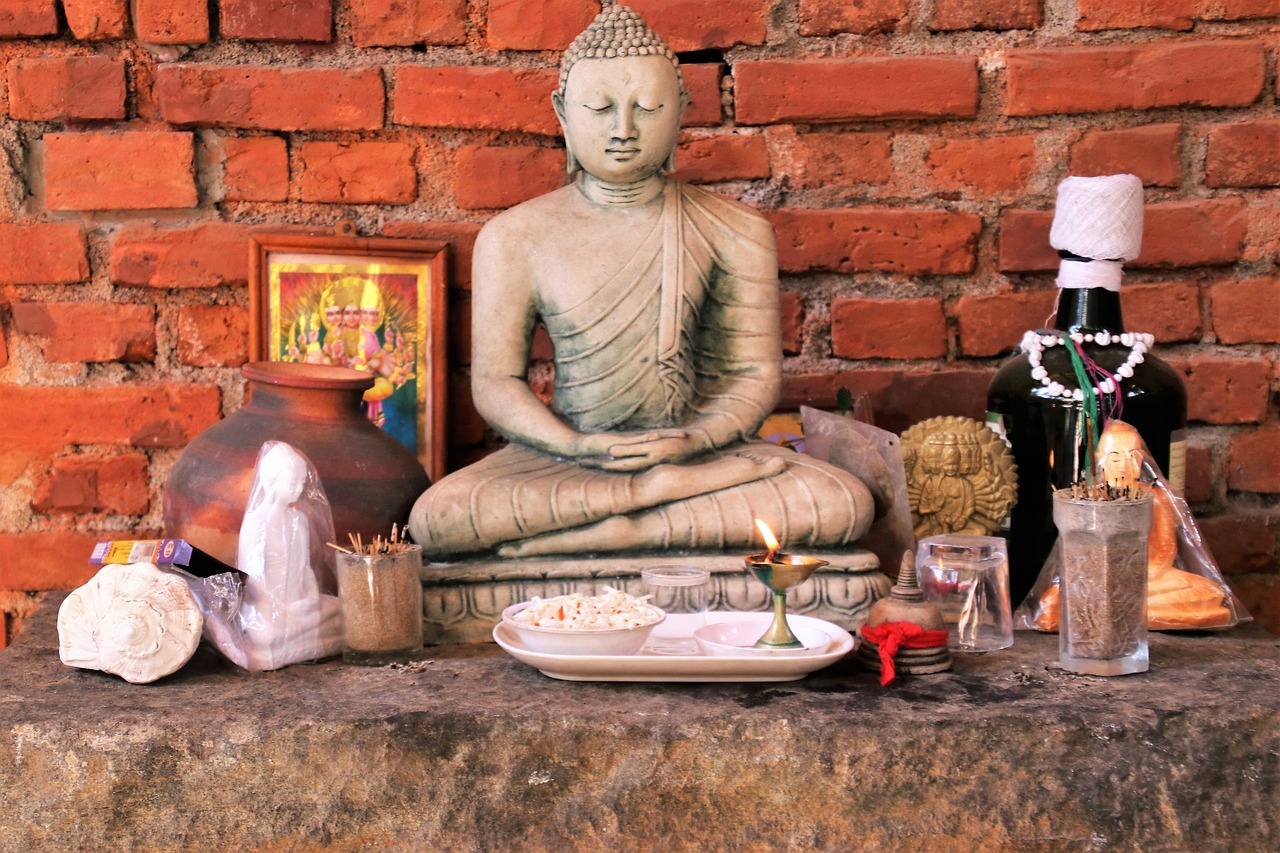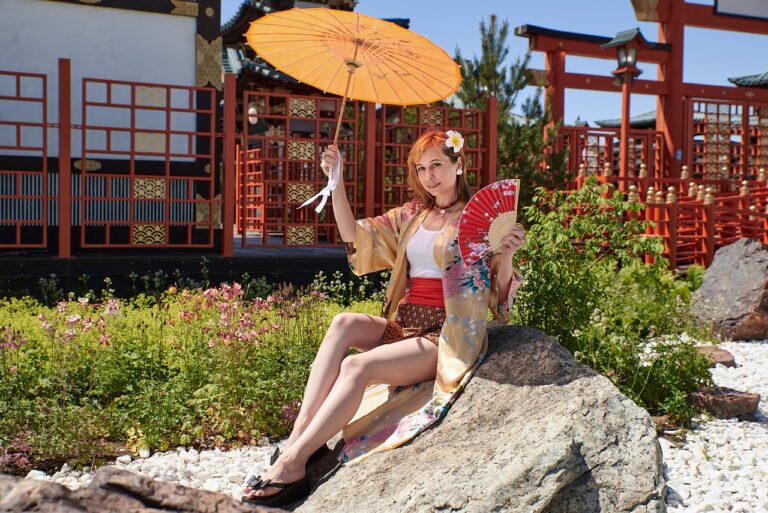Wine and the Aging Process: How Time Impacts Flavor and Complexity: Cricbet99 book, Reddy book 247, Play lotus 365 com
cricbet99 book, reddy book 247, play lotus 365 com: Wine and the Aging Process: How Time Impacts Flavor and Complexity
Whether you are a seasoned wine connoisseur or just beginning to appreciate the complexities of a fine bottle, one thing is certain – time plays a crucial role in the flavor and complexity of wine. As a wine ages, it undergoes a transformation that can enhance its taste and aroma, creating a more refined and nuanced drinking experience.
Here, we delve into the fascinating world of wine aging, exploring how time impacts the flavor and complexity of this ancient elixir.
The Basics of Wine Aging
When a wine is first bottled, it is often vibrant and fruity, with primary flavors taking center stage. However, as a wine ages, a series of chemical reactions occur within the bottle, leading to a gradual evolution of the wine’s flavor profile. This aging process can result in a wine becoming more complex, with secondary and tertiary flavors emerging over time.
The Role of Oak
One of the most significant factors influencing the aging process of wine is the use of oak barrels. Many wines are aged in oak barrels, which impart unique flavors and aromas to the wine. Oak aging can add notes of vanilla, spice, and toastiness to a wine, enhancing its complexity and depth.
Tannins and Acidity
Tannins and acidity also play a key role in the aging process of wine. Tannins, which are compounds found in grape skins, seeds, and stems, help to preserve the wine and impart structure and complexity. Over time, tannins can mellow out, leading to a smoother and more integrated wine. Acidity, on the other hand, helps to balance the flavors in the wine and can help it age gracefully.
The Impact of Time
As a wine ages, its flavors can become more integrated and harmonious, with a greater sense of balance and complexity. Fruit flavors may evolve into more subtle notes of dried fruit, earth, and spice, while the wine’s texture may become smoother and more velvety. Aging can also enhance a wine’s aromas, with new layers of complexity and depth emerging over time.
FAQs
Q: How long should I age my wine?
A: The aging potential of a wine depends on several factors, including the grape variety, winemaking techniques, and storage conditions. Some wines are meant to be enjoyed young and fresh, while others can benefit from years of aging. It’s a good idea to research the specific wine you have and consult with a knowledgeable sommelier for guidance on aging potential.
Q: Does all wine improve with age?
A: Not all wines are meant to be aged. Some wines are best enjoyed young when their fruit flavors are at their peak. Aging can enhance certain wines, such as red Bordeaux blends, Cabernet Sauvignon, and Nebbiolo, but it may not necessarily improve every wine.
In conclusion, the aging process of wine is a fascinating journey that can bring out the true character and complexity of a bottle. By understanding how time impacts flavor and complexity, you can gain a deeper appreciation for the art of wine aging. So, next time you pour yourself a glass of aged wine, take a moment to savor the rich layers of flavor and aroma that time has gracefully bestowed upon it. Cheers!







